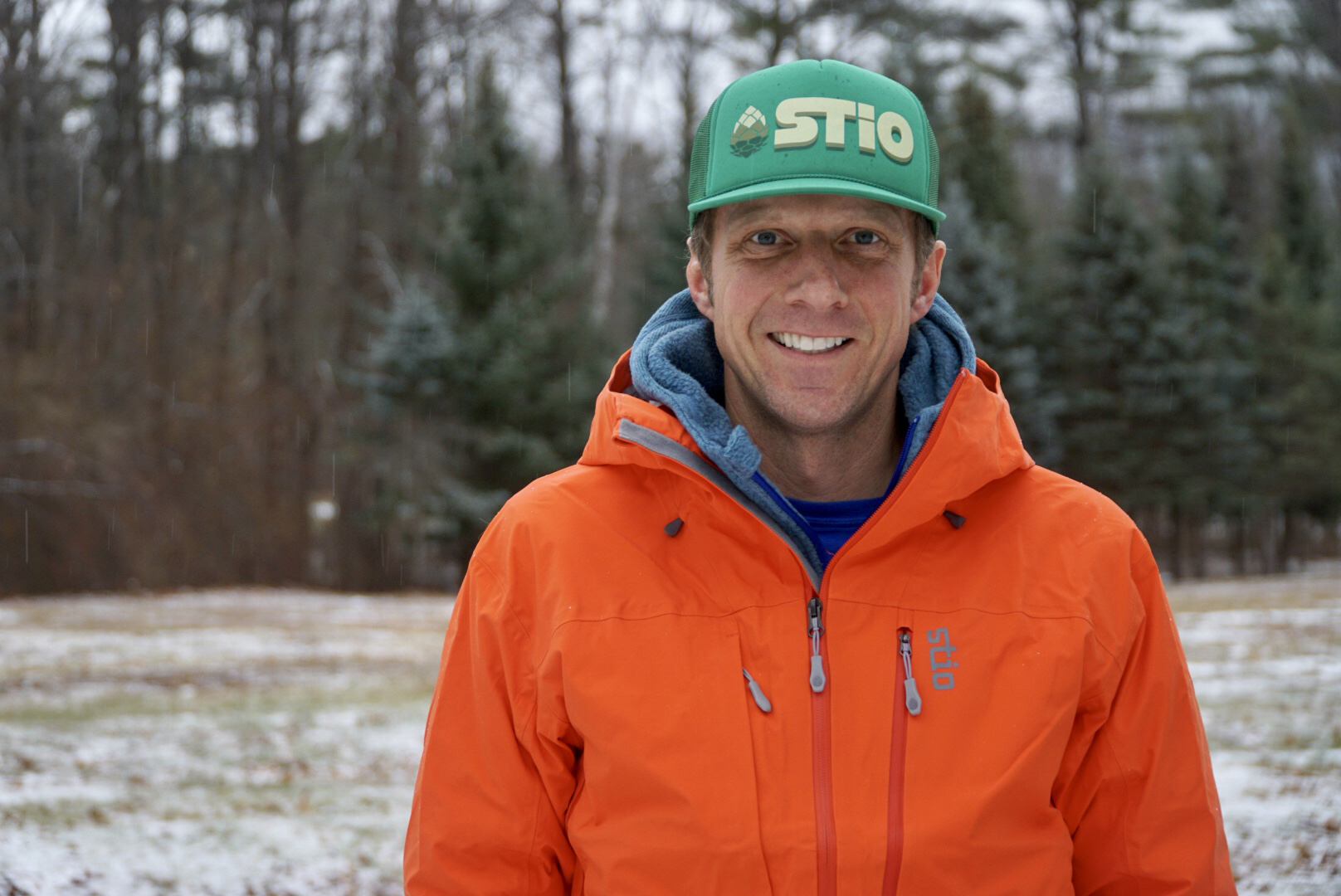
‘Our goal of connecting the outdoors to business is something that really hasn’t been truly done in New Hampshire,’ says Tyler Ray, director of the Granite Outdoor Alliance. (Courtesy photo)

Since its founding in 2020, Tyler Ray, an attorney who specializes in outdoor recreation law, has been director of the Granite Outdoor Alliance. Its mission is to “advance the outdoor industry forward toward a sustainable and responsible future by focusing on land conservation, economic development, education, and health and wellness.”
Q. What is the Granite Outdoor Alliance?
A. A big part of what Granite Outdoor is to fill a gap in the industry. We focus on marketing, networking, events, workforce and advocacy. We encourage clean living, sustainable living, sustainable policy.
Our goal of connecting the outdoors to business is something that really hasn’t been truly done in New Hampshire. And there’s a little bit of difficulty getting over that fence and to find that tipping point. But we’re getting closer.
Q. Tell us about the upcoming GRANITEER Festival.
A. GRANITEER is an opportunity to convene not just the brands and the B2B, but also the consumer side. It’s our play on how to do a bit of both in one event.
The outdoor industry is unique because the folks that are in the industry, the brands as individuals, they’re also the consumers. So, there’s a little bit of a merge happening.
We did a workforce assessment survey last year. We found that outdoor companies in New Hampshire have a very difficult time finding qualified applicants with the hard skills and the soft skills necessary to meet the qualifications of those aspiring brands.
So how do we come up with a compelling way to do our own take on a job fair type of event? Part of that was, well, let’s put a beer in someone’s hand, right? Let’s let people loosen up here, so they see that there’s this whole side of the outdoor industry that is work-related, not just for play.
GRANITEER reflects that.
We’re developing what I would consider a marketplace with all of our brands and other non-brands. It’s an exciting event — the first of its kind.
Q. What types of job opportunities are there in the outdoor industry?
A. Ski resorts, for example, (employ) mechanics, lift operators, but those jobs are aging out, just like we see with plumbers and electricians. We have new segments like trail building. Mountain-biking trails and other multi-purpose trails are huge. Did you like building jumps as a kid or teenager? Guess what? You can do that as a career, and a viable career at that, because there’s demand for it — particularly as we encourage EVs, snowmobiles and ATVs.
The other important thing is this fundamental need to see people in person. We got so used to this Zoom effect, but at some point, there needs to be connectivity. There’s a need to have those connections and those relationships, whether it’s networking for business or networking for friendship — that’s what creates vibrant communities.
Q. Because of climate change, places like ski resorts have had to adapt to year-round activities due to shorter or less snowy winters. What’s your view on that?
A. There’s no doubt that climate change is here and it’s impacting our industries.
Ski resorts are turning to mountain biking and adventure parks because they have short seasons and that impacts industry. And New Hampshire has been widely known as the black hole of New England due to its environmental regulatory policies or lack thereof. And that’s a problem.
For example, the White Mountains — one of the most highly visited national forests in the U.S. — you can’t find an EV charger anywhere. Meanwhile, you have Massachusetts, which is a huge draw for the state, where everyone has EVs and many want to visit the White Mountains. But they can’t come, because they don’t have the ability to charge their vehicle. And that means there’s a displacement cost: they’re going somewhere else. And that ‘somewhere else’ is most likely our neighbors of Vermont and Maine.
We hear about deferred maintenance on trails. How much do we have to hear about deferred maintenance? Can’t we do something about this? Even from a state level, it’s investing in our trails, just like we invest in our roads and bridges — they’re critical to people’s everyday livelihood to get to work.
There’s a lot of growing to do, whether it’s from the low-hanging fruit of stewardship to understanding how to build our workforce and to support our nonprofits. Because there’s such a big part of the outdoor scene here, that’s really what’s created this way of life.
This interview was adapted from an episode of NHBR’s Down to Business podcast, available at nhbr.com/down-to-business.